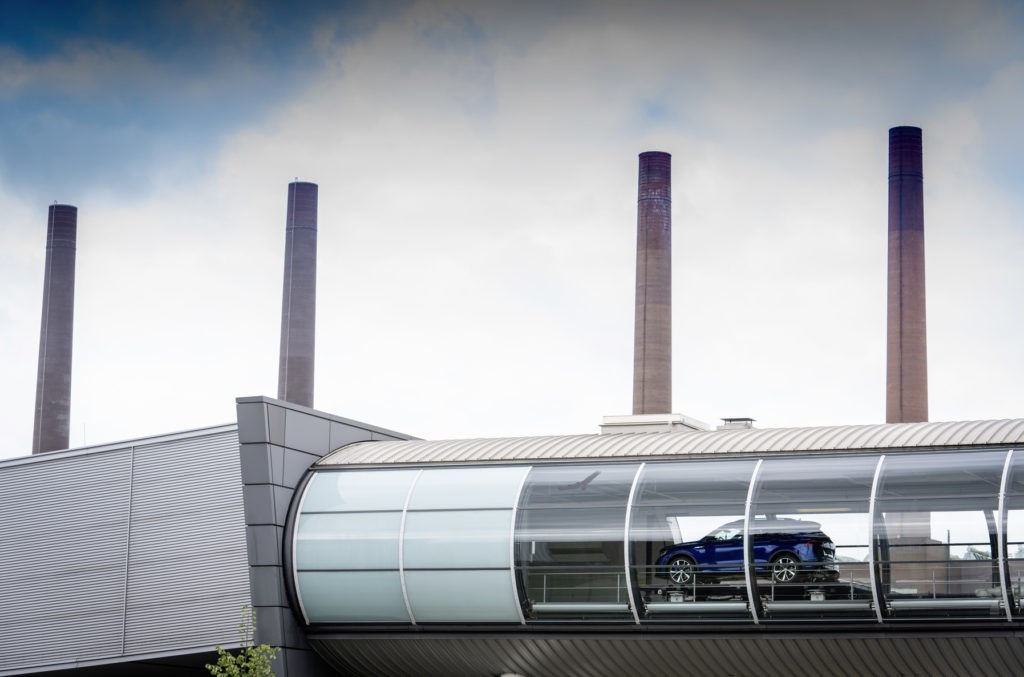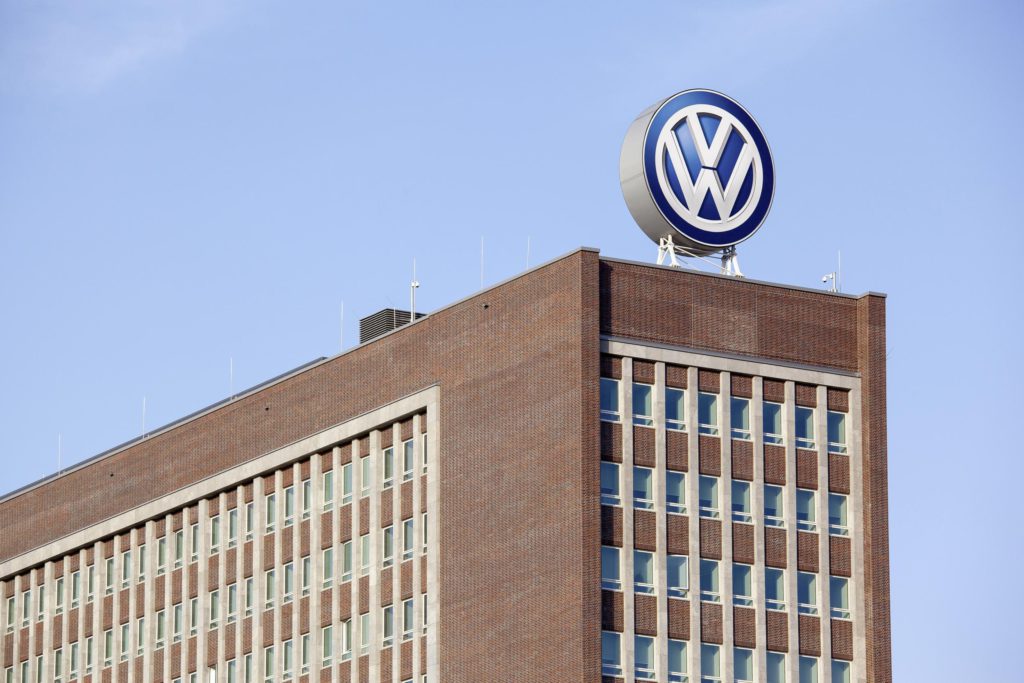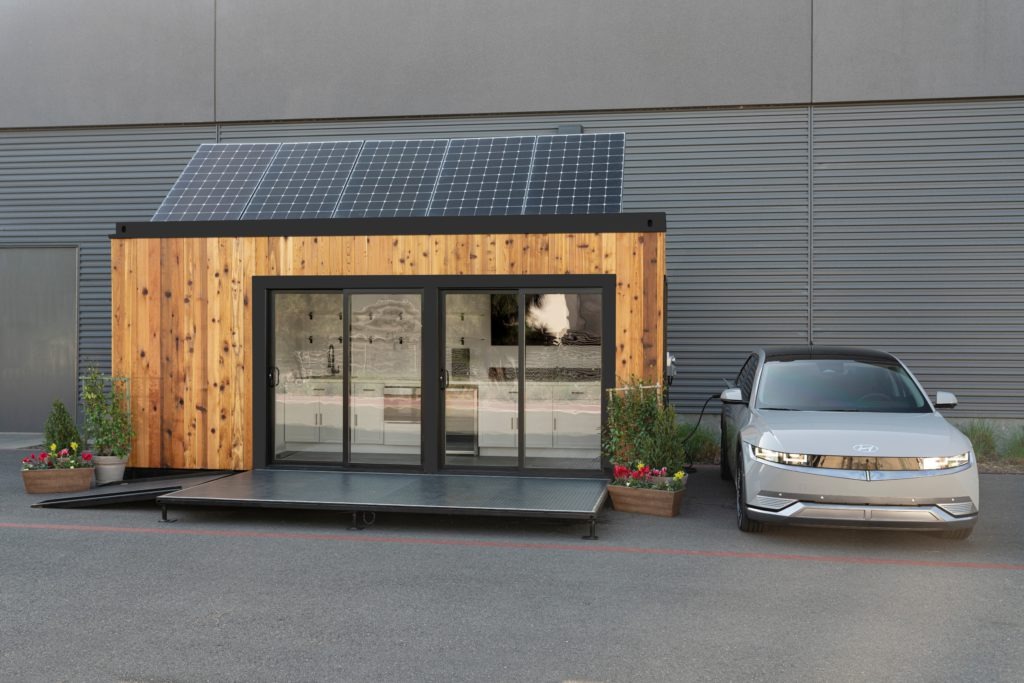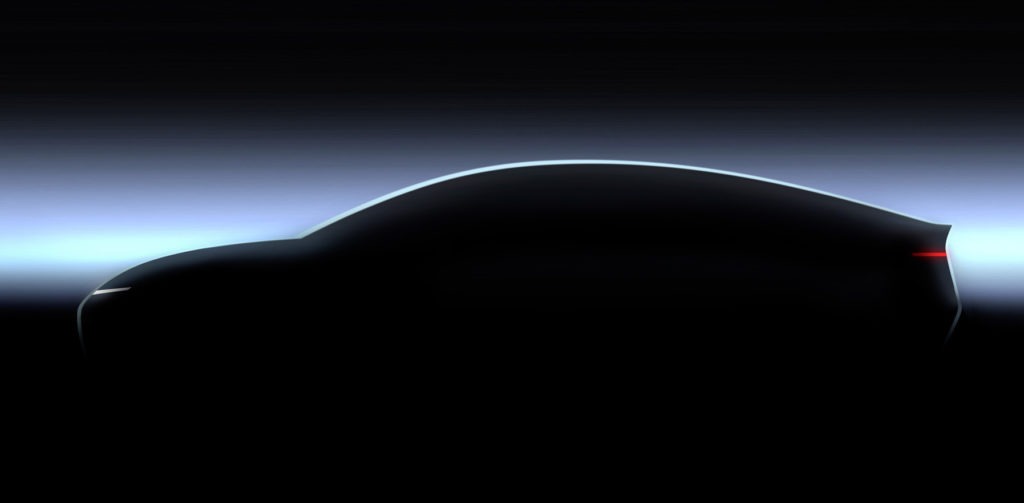Diess remains CEO as VW future-facing investments near €90 billion
10 December 2021

Herbert Diess is staying put as Volkswagen (VW) Group’s CEO. But his responsibilities will change next year, handing over the company’s China division as the VW passenger-car brand. The move was confirmed in a press conference on 9 December following a turbulent period between the group’s CEO and labour unions.
‘With the resolutions adopted today, we are putting the Group Board of Management on an even broader footing,’ said Hans Dieter Pötsch, chairman of the supervisory board. ‘At the same time, all areas of central strategic importance are being strengthened with the key focus being on having the right people for the job. This gives the Group Board of Management even more clout to successfully tackle the strategic tasks of the years ahead.’
However, the press conference, starring Pötsch, Diess and works council chairperson Daniela Cavallo, did not focus solely on matters of position. The online event confirmed continued investment in future-facing technologies. €89 billion will be spent on the likes of electrification and digitalisation over the next five years.
Remapped responsibilities
Diess will remain VW Group CEO, responsible for the volume brands (VW, Skoda, SEAT) as well as taking over from Markus Duesmann as the head of the software division Cariad. However, he will pass the baton for the company’s China operations to VW brand CEO Ralf Brandstaetter. Responsibility for the hugely important market will be passed over on 1 August next year.
Thomas Schäfer, the current chairman of Škoda, will then succeed Brandstaetter. He will get to know the role from 1 April as the chief operating officer of the VW passenger-car brand, moving up to the group board on 1 July 2022. Before this, Manfred Döss will take charge of integrity and legal affairs from Hiltrud Werner on 1 February. At the same time, Hauke Stars will become responsible for IT. Also on 1 February, Hildegard Wortmann, responsible for sales at Audi, will take the same role for the wider group.
The company will be hoping these changes help draw a line under a period scarred by conflict as Diess clashed with VW’s unions. In a leaked email he reportedly suggested 30,000 jobs could be cut as the carmaker undergoes electrification. In the online press event, Diess appeared upbeat over the restructuring of his role. He said: ‘I feel significantly strengthened by the appointments and the organisation. I have no cause to about a lack of responsibility, because in many areas, like semiconductors and other topics, I will be approached first. And of course, I continue to feel that I will bear overall responsibility for the company.’
Cavallo also seemed willing to put the difficulties behind her in order to look forward. ‘I am not interested in having such disputes and reading about such disputes in the public every single day,’ she said. ‘This does something not just to the public but also to the workforce and I believe we have so many challenges and so many issues ahead of us and that we should focus on those.’
€89 billion investment
VW Group was keen to push the focus of the press event beyond its corporate restructuring. It outlined an €89 billion investment in future-facing technologies over the next five years, which makes up 56% of a larger €159 billion budget. These technologies include digitalisation and electrification, as the group predicts one in four vehicles will have a battery-electric drive system by 2026. The OEM wants to be a global market leader in electromobility a year prior, making the investment effectively essential.
Breaking down the development of its sites, VW confirmed some €21 billion will go towards plants in Lower Saxony, boosting manufacturing sites and component facilities. Hanover will go all-electric, laying the groundwork for production of the Artemis. The ID.California and the body for a new Bentley model have also been approved for the site. It will also lead autonomous developments with the MOIA shuttles and ID. Buzz AD. Meanwhile, Wolfsburg will be electrified via project Trinity and from 2024, it will be re-equipped to build the ID.3. Prior to this, partial production with supplies from Zwickau is predicted.
‘€89 billion over the next five years in future technologies such as electromobility and digitalisation alone – that is a clear commitment. This is how the New Auto strategy can be a great success,’ said Stephan Weil, minister president of the state of Lower Saxony and supervisory board member of Volkswagen. ‘The fact that €21 billion are being invested in the Lower Saxony sites in Wolfsburg, Hanover, Braunschweig, Salzgitter, Osnabrück and Emden is yet another sign that the global Volkswagen Group is committed to its Lower Saxony roots. We are pleased about this strong signal to safeguard around 130,000 jobs.’
VW Group’s component plants will continue the electric journey they began back in 2015. Hanover will produce axles for Modular Electric Drive (MEB) models as well as hardware for charging infrastructure. In Braunschweig, Salzgitter and Kassel, the production of MEB battery systems, rotors and motors will be expanded.
Salzgitter will grow into a European battery hub, bringing together the development, planning and control of battery production. The group will invest some €2 billion into the production of unified cells for the volume segment at its gigafactory in Lower Saxony from 2025. A new company will be established to combine all the group’s battery-related activities, facilitate third-party involvement, and oversee new strategic partnerships with Umicore, 24M and Vulcan Energy.
‘In the New Auto world, our business model is undergoing radical change – Volkswagen is being transformed from a traditional automotive manufacturer to a vertically-integrated Group with strong brand groups and world-leading technology platforms. Wolfsburg, our Group’s long-established headquarters, will be central to the transformation, because we can only safeguard our strong position long term if Wolfsburg is successful,’ concluded Diess.



